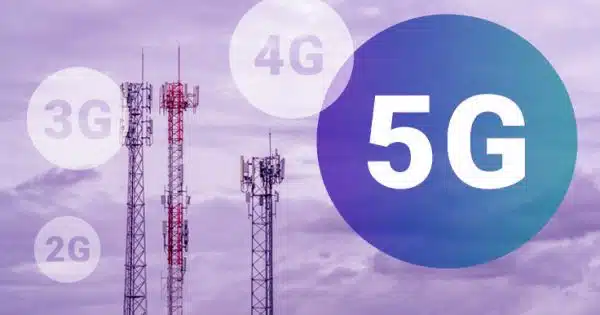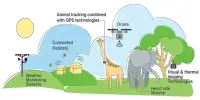There are various generations of wifi technology, each with variable capabilities and performance. The two most frequent wifi generations are 2G and 5G. While they both provide wireless access, they have considerable differences in terms of speed, data transfer rates, latency, network coverage, device compatibility, power consumption, and applications.
One of the key distinctions between 2G and 5G wifi is the frequency ranges on which they operate. 2G wifi uses the 2.4 GHz frequency band, whereas 5G wifi uses the 5 GHz frequency band. Because it is shared with other devices such as cordless phones, microwaves, and Bluetooth devices, the 2G wifi frequency band operates in a crowded spectrum. This can cause interference and slower speeds, particularly in densely populated locations where several devices compete for bandwidth. The 5G wifi frequency band, on the other hand, operates in a less congested spectrum, resulting in quicker and more reliable connections.

In terms of speed and data transfer rates, 2G wifi normally has a maximum speed of roughly 54 Mbps (megabits per second), whereas 5G wifi has much quicker speeds, with some routers capable of topping 1 Gbps (gigabits per second). 5G wifi’s enhanced speed and data transfer rates make it a preferable solution for demanding applications requiring large bandwidth.
Another distinction between 2G and 5G wifi is latency, or the time it takes for data to transit between a device and a server. When compared to 5G wifi, 2G wifi often has higher latency. Data packets may face delays or disturbances during transmission due to the inherent constraints of the 2.4 GHz frequency spectrum. 5G wifi, on the other hand, has lower latency and thus provides a more responsive and real-time connection.
In conclusion, 5G wifi runs on a less congested frequency band, provides much quicker speeds and larger data transfer rates, and has lower latency than 2G wifi. Because of these factors, 5G wifi is the superior choice for bandwidth-intensive workloads and apps that require fast and dependable wireless connectivity.














